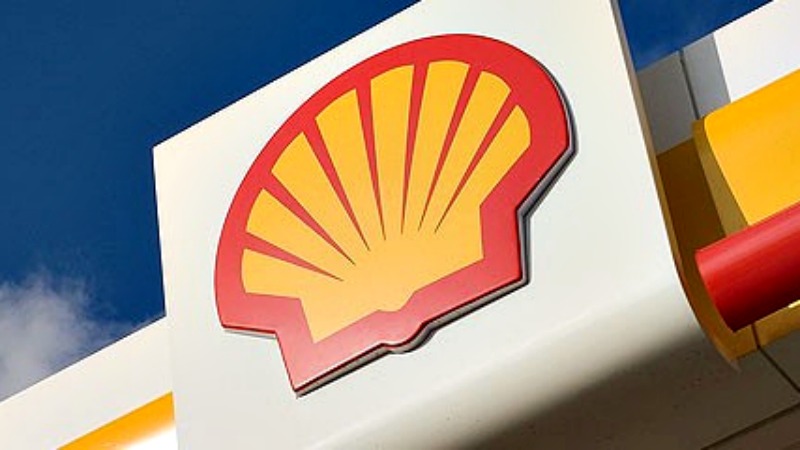NAICOM: Nigeria’s Insurance Assets Now N2.3tr
The National Insurance Commission (NAICOM)says Nigeria’s insurance industry’s total assets grew to about N2.3 trillion in the second quarter of 2022.
This indicates an increased growth rate of 11.9 per cent over the first quarter,NAICOM,disclosed this in a bulletin on Insurance Market Performance made available by its spokesman, Rasaaq Salami.
It said gross premium income in the second quarter of 2022 stood at N369.2.8billion,indicating a 20.1per cent growth rate compared to the same period of the previous year and an impressive 65.0per cent, quarter on quarter.
It added that the continued steady growth from the first quarter of the year correlates with the current performance of the period under review.
The market data reveals that the industry grew 20.1% higher than the national real Gross Domestic Product (GDP) of 3.5% during the same period,indicating the industry’s impressive performance given the recent trajectory.
The industry’s financial position indicated a total of N1.2 trillion in assets in Non-Life Insurance while Life Insurance stood at about N1.1trillion, while the insured recorded gross claims of N174.8 billion in the second quarter of the year, representing 47.3 per cent of premiums collected during the period,the statement said.
It also noted that gross claims made in the second quarter of the year indicated a 0.2 per cent growth compared to the corresponding period of 2021, which reflects the professional underwriting capacity of the industry driven by the intensified regulatory activities of the commission,’’ the report stated.
The market report indicated that net claims paid were N148.2billion, signifying 84.8 per cent of claims made during the period,adding that:“This reflects the professional underwriting capacity of the industry as driven by the intensified regulatory activities of the commission,’’ the bulletin stated.
The non-life segment maintained its primacy at 59.3% of the total premium generated. Insights in the segment show Oil & Gas was the leading driver at 32.5% with a distant second at 20.7% for Fire.
Motor Insurance stood at 14.8%, while Marine & Aviation, general accident and miscellaneous reported a share of 12.3%, 10.9% and 8.9% in this order.Life business on the other hand recorded 40.6% of the insurance market production as its share contribution, gradually closes up.
The share of Annuity in the Life Insurance business logged at about Twenty-Five per cent (24.7%) while individual Life held a major driver position at 41.8% of the premium generated during the period.
It added that the insurance business recorded a near-perfect point of 88.9 per cent of claims settlement in Life Insurance as against 76.8 per cent in a non-life segment which stood at 76.8 per cent, while motor insurance retained its vanguard position- posting a claims settlement ratio of 92 per cent.
“Progress was more noticeable in the oil and gas sector with 85.7 per cent of claims settlement ratio, an increase of some 43 points compared to its position of 42.8 per cent recorded in the corresponding period of 2021.General accident claims recorded 75 per cent, fire claims recorded 76.2 per cent, while aviation and Marine claims recorded 61.9 per cent,” it stated.
The bulletin added that sustained market development and growing confidence in the industry would eventually improve the negative peculiarities and challenges of the market.




